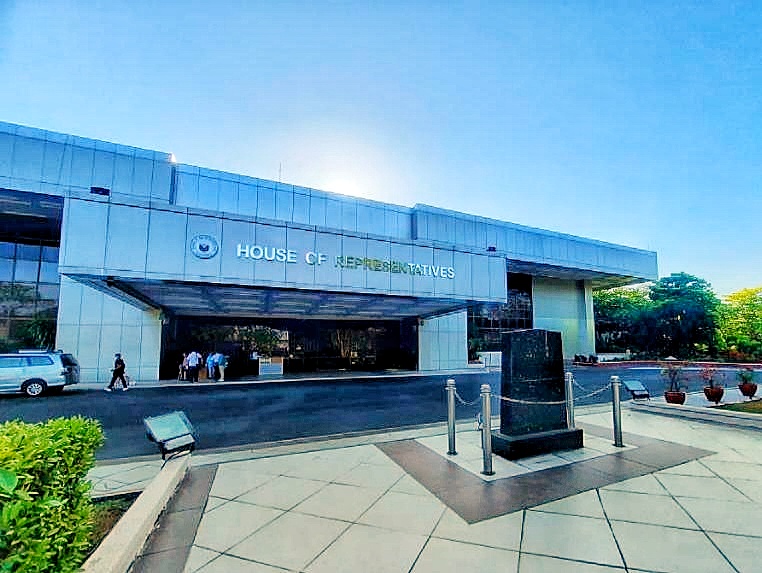House switches gears, starts 2025 budget plenary debates on Monday
At A Glance
- The House of Representatives switches gears on Monday, Sept. 16 from the just-concluded committee level deliberations on the proposed P6.352-trillion 2025 national budget to the even more laborious plenary debates on the spending plan.
 House of Representatives (Ellson Quismorio/ MANILA BULLETIN)
House of Representatives (Ellson Quismorio/ MANILA BULLETIN)
The House of Representatives switches gears on Monday, Sept. 16 from the just-concluded committee level deliberations on the proposed P6.352-trillion 2025 national budget to the even more laborious plenary debates on the spending plan.
This means that anybody from the 300-plus strong chamber can stand up in plenary to raise his or her concerns about next year’s national budget.
Previously, the discussions were largely limited to the members for the Committee on Appropriations, which had been tasked to peruse the 2025 National Expenditure Program (NEP) from Malacañang.
The committee hearings on the budget ended last Sept. 10, with the Office of the Vice President (OVP) being the final agency tackled.
Just a few days later, House Bill (HB) No.10800 or the P6.352-trillion 2025 General Appropriations Bill (GAB) was read on first reading. The GAB is the legislative equivalent of the NEP.
On the eve of the plenary debates Sunday, Sept. 15, House Speaker Martin Romualdez said the 2025 outlay was designed to support the Agenda for Prosperity and Bagong Pilipinas programs of President Marcos.
“It will be our instrument in directly helping the poor through various social protection, financial aid and medical programs, and in keeping food prices down, particularly the price of rice which has fallen to P42 a kilo,” Romualdez said.
The Lakas-Christian Muslim Democrats (Lakas-CMD) president said that through the budget, “We hope to help our farmers and fisherfolk increase their harvest, which in turn will mean adequate food supply and lower prices for the benefit of all Filipinos.”
Romualdez stressed that the proposed spending program “will also serve as our roadmap for expanding infrastructure and supporting education by funding the building of more road networks and classrooms, especially in underserved communities".
“It will be our tool for sustaining our country’s economic growth, which we hope to keep at six percent or higher in line with the forecasts of international lending institutions,” he added.
The Speaker thanked Appropriations Committee Chairman Ako Bicol Party-list Rep. Zaldy Co and Senior Vice Chairperson Marikina City 2nd district Rep. Stella Quimbo of Marikina City for finishing its hearings and endorsing the budget on time.
Under its budget deliberation schedule, the House is devoting eight days for plenary debates. It will start at 10 a.m. and will last until the agenda for the day is finished.
The recommended reduced funding for the OVP--from P2.037 billion to P733 million--will be taken up in plenary on Sept. 23.
The House is scheduled to pass the proposed budget on third and final reading on Sept. 25.